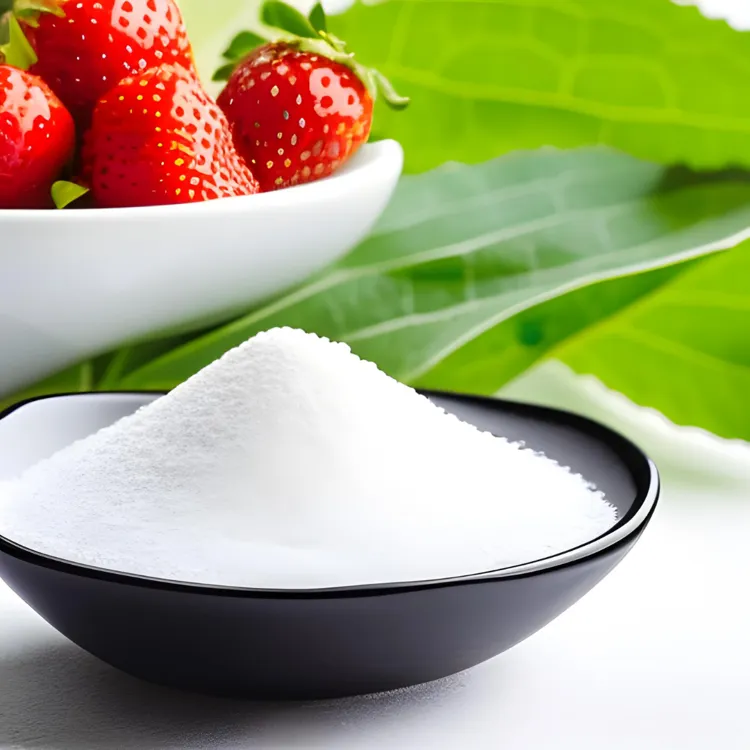Crystalline fructose sugar, also known as pure fructose or fruit sugar, is a natural sweetener that is commonly used in the food and beverage industry as an alternative to traditional table sugar. It is a white crystalline powder that is composed of 100% fructose, which is a type of simple sugar.
Unlike table sugar, which is composed of both glucose and fructose, crystalline fructose sugar has a sweeter taste and a lower glycemic index. This means that it is metabolized more slowly by the body, resulting in a slower rise in blood sugar levels after consumption.
Fructose, in its crystalline form, is commonly used as a natural sweetener in a variety of food and beverage products. It is often used as a sugar substitute in products such as fruit juice, flavored water, yogurt, and baked goods. In addition to its sweetening properties, fructose also has other uses and applications.
One of the most common uses of fructose is in the production of high fructose corn syrup (HFCS). HFCS is a sweetener that is used in a variety of processed foods and beverages, including soft drinks, cereal bars, and ketchup. HFCS is produced by converting corn starch into glucose and then into fructose, which results in a sweetener that is cheaper and easier to use than traditional sugar.
Fructose is also used in the production of certain alcoholic beverages, such as beer and cider. In these products, fructose is used to enhance the flavor and sweetness of the final product.
Another interesting use of fructose is in the production of biofuels. Fructose can be converted into ethanol through a process called fermentation, which makes it a potential source of renewable energy.
In addition to its uses in food and beverage production, fructose has also been studied for its potential medicinal properties. Some studies have shown that fructose may have anti-inflammatory properties and could potentially be used as a treatment for conditions such as arthritis and asthma.
Overall, crystalline fructose sugar is a natural sweetener that can be used in moderation as an alternative to traditional table sugar. Its chemical composition and lower glycemic index make it a viable option for those looking for a healthier alternative to sugar, but it is important to consume it in moderation and as part of a balanced diet to minimize potential negative health effects.
